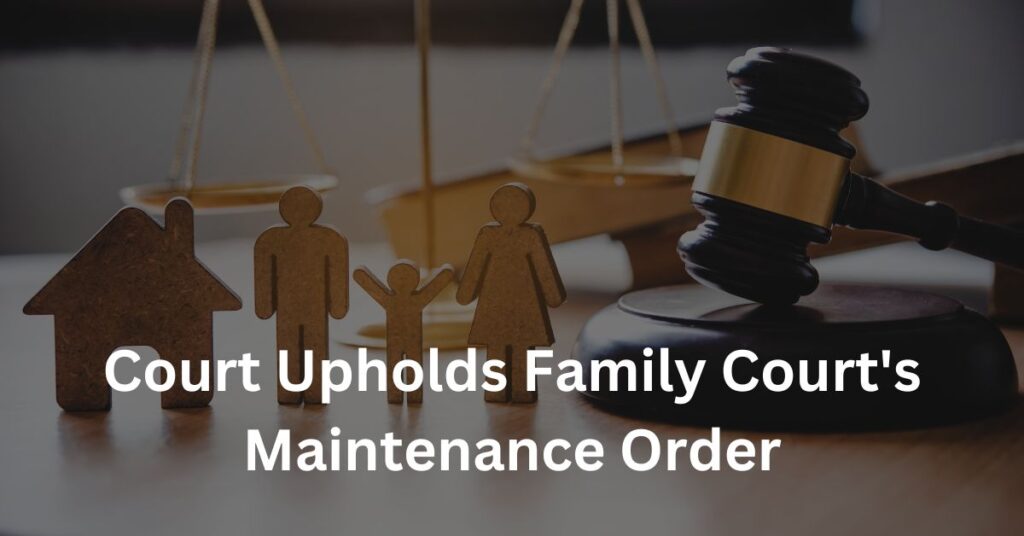The landmark ruling by the Supreme Court in the case of Shailja vs. Khobbanna has shed light on a critical aspect of family law, specifically focusing on maintenance for a wife capable of earning. In this thought-provoking blog post, we will delve into the intricacies of this judgment and its profound implications for spousal maintenance in such cases.
The Supreme Court meticulously examined the orders issued by both the Family Court and the High Court pertaining to maintenance for the wife and son. While the High Court reduced the maintenance amount, citing the wife’s potential earning capacity, the Supreme Court drew a clear distinction between capability and actual earnings. As a result, the Court restored the original Family Court’s maintenance order.

The judgment presented a pivotal perspective on the significance of accurately assessing a wife’s actual income and financial independence while determining maintenance. The Court expressed its dissatisfaction with the High Court’s narrow reliance on capability alone, emphasizing the need for a comprehensive evaluation of the parties’ respective financial situations.
In the Shailja vs. Khobbanna case, the Supreme Court’s ruling has provided invaluable guidance on the nuanced approach to maintenance when a wife is deemed capable of earning. This blog post has examined the key aspects of the judgment, offering profound insights into the Court’s interpretation and the profound impact it can have on maintenance decisions in similar cases. As family law practitioners, it is essential to stay abreast of such significant legal developments to ensure the most just outcomes for our clients.


